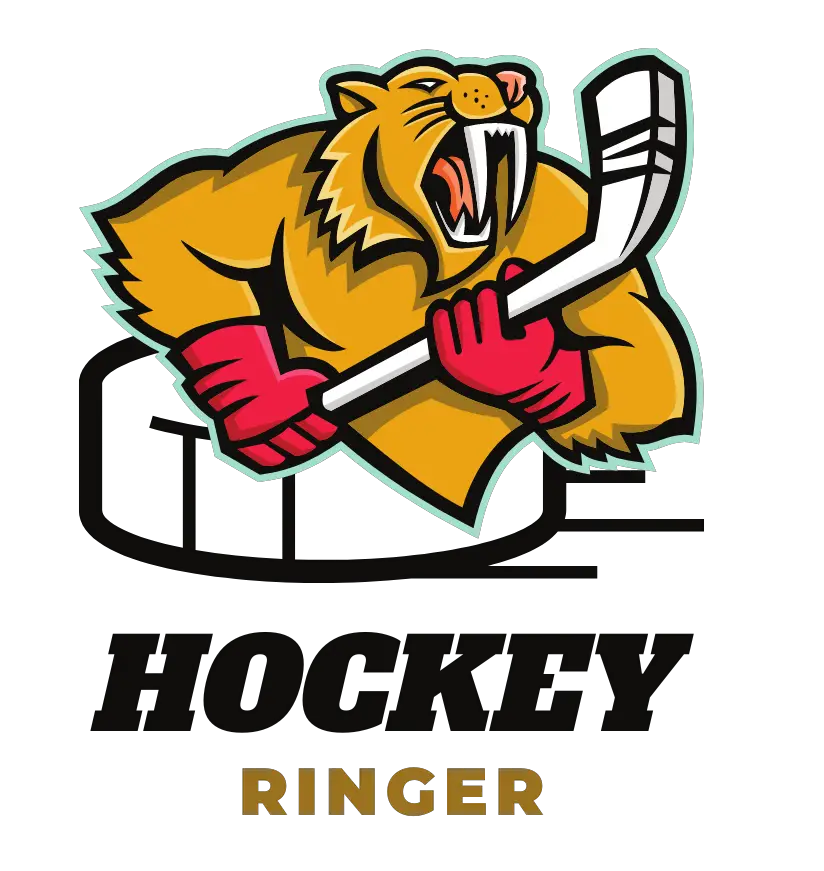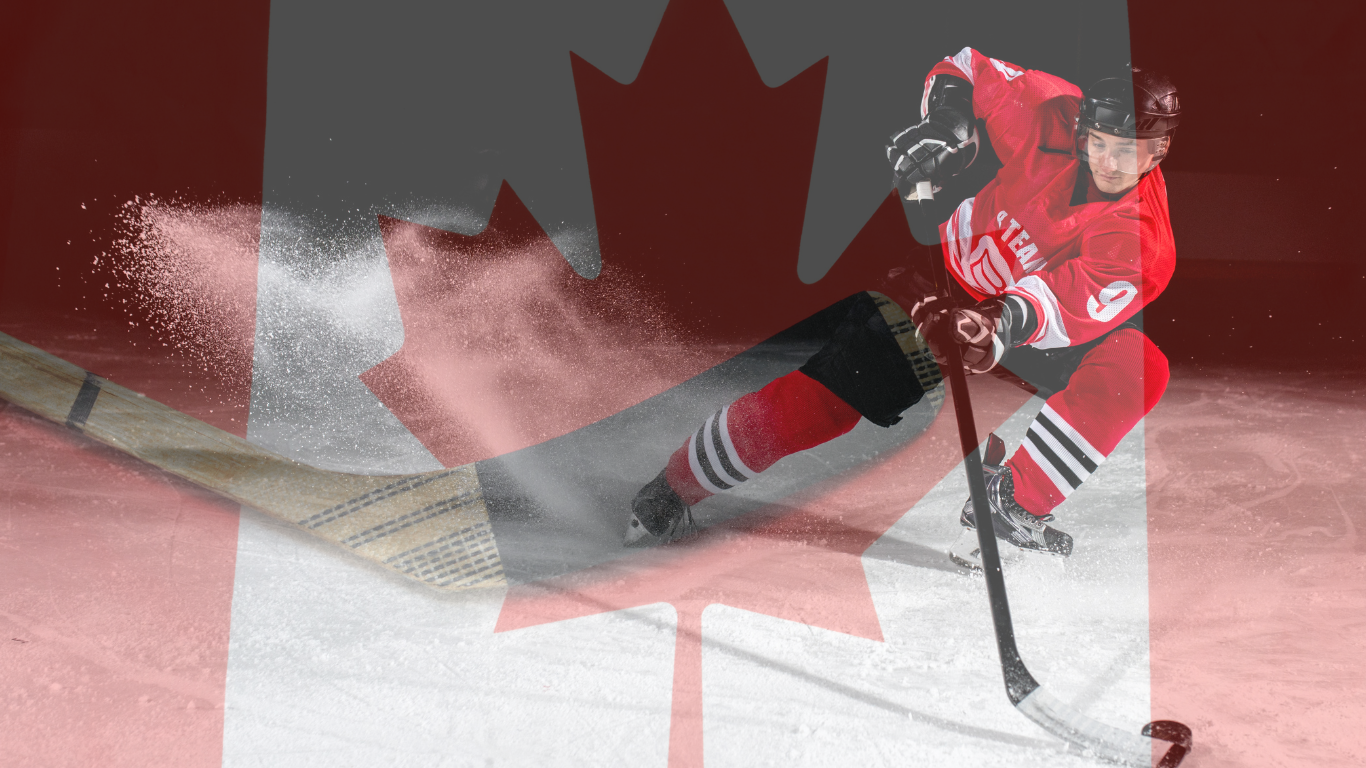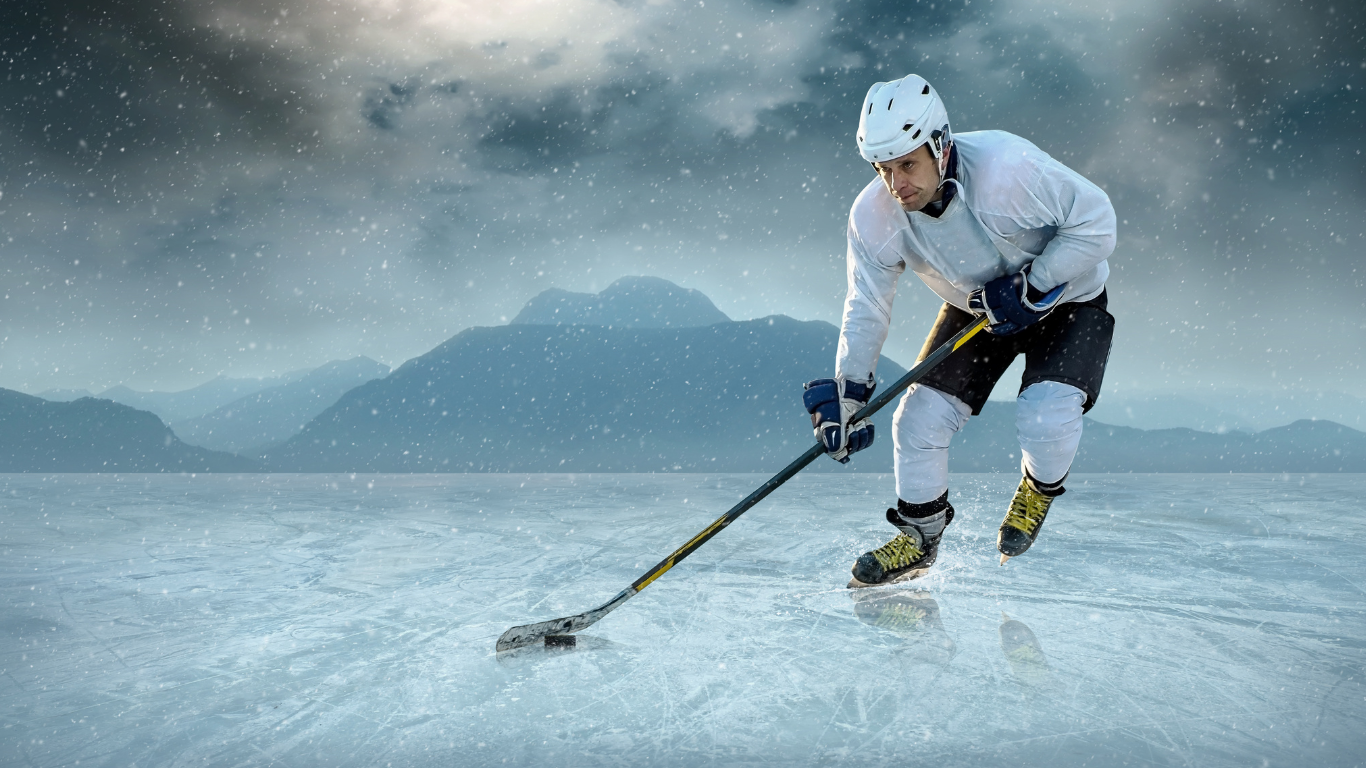The Western Collegiate Hockey Association (WCHA) is a college ice hockey conference that operates in the Midwestern United States. It is a women’s-only conference that participates in the NCAA’s Division I. The WCHA was originally a men-only league from 1951 to 1999 before adding women’s competition in the 1999-2000 season.
The WCHA is made up of ten teams from various universities, including Bemidji State University, University of Minnesota-Duluth, and University of Wisconsin. The conference has a rich history of producing top-level talent, with many players going on to play in the National Hockey League (NHL) and representing their countries in international competitions.
History of the Western College Hockey Association

The Western College Hockey Association (WCHA) is a college ice hockey conference in Midwestern United States. The conference was founded in 1951 as the Midwest Collegiate Hockey League (MCHL) by Colorado College, Denver, Michigan, Michigan State, Michigan Tech, Minnesota, and North Dakota.
After two seasons, the league changed to the Western Intercollegiate Hockey League (WIHL), which more aptly described its geographic coverage. In 1958, the WIHL disbanded after Minnesota and the three Michigan schools withdrew in protest of Colorado College, Denver, and North Dakota recruiting overage Canadians.
Founding and Early Years
The WCHA was founded in 1959 as a successor to the WIHL. The original members of the WCHA were Colorado College, Denver, Michigan Tech, Michigan State, Minnesota, North Dakota, and Notre Dame.
The WCHA operated as a men-only league until 1999, when it added women’s competition in the 1999-2000 season.
League Expansion
Over the years, the WCHA has seen several changes in membership. In 1981, the WCHA expanded to include the University of Alaska-Anchorage.
In 1985, the WCHA merged with the Central Collegiate Hockey Association (CCHA), adding Bowling Green, Ferris State, Lake Superior State, Miami (OH), and Western Michigan.
In 1992, Northern Michigan joined the league, and in 1999, St. Cloud State and Minnesota State Mankato became members.
In 2013, the WCHA underwent a major realignment, with several teams leaving to form the National Collegiate Hockey Conference (NCHC) and the Big Ten Conference, adding hockey as a varsity sport.
Recent Developments
In 2020, the WCHA announced that it would be splitting into two conferences, with seven teams forming the new CCHA and the remaining five teams continuing to compete as the WCHA. The split was partly due to the financial pressures caused by the COVID-19 pandemic.
The five teams that remained in the WCHA for the 2020-21 season were Alabama Huntsville, Alaska, Bemidji State, Lake Superior State, and Northern Michigan.
In 2021, St. Thomas was added as a new member, bringing the total number of teams in the WCHA to six.
That’s a brief history of the Western College Hockey Association, from its founding as the Midwest Collegiate Hockey League to its current state as a men’s-only conference with six teams.
Member Teams
The Western Collegiate Hockey Association (WCHA) is a conference of men’s and women’s ice hockey teams from colleges and universities in the Western United States. The conference has had a long history of success, with member teams winning a record 38 men’s NCAA hockey championships.
Current Members
The WCHA currently has 10 member teams:
- Bemidji State Beavers
- Bowling Green Falcons
- Ferris State Bulldogs
- Lake Superior State Lakers
- Michigan Tech Huskies
- Minnesota State Mavericks
- Northern Michigan Wildcats
- St. Thomas Tommies
- Alaska Nanooks
- Alaska Anchorage Seawolves
Minnesota State Mavericks have been the most successful team in recent years, winning the WCHA regular season championship in the last three seasons.
The St. Thomas Tommies are the newest conference member, joining in 2021 after moving up from Division III.
Former Members
Over the years, the WCHA has had many teams come and go. Some of the notable former members include:
- Colorado College Tigers
- Denver Pioneers
- Michigan Wolverines
- Minnesota Golden Gophers
- North Dakota Fighting Hawks
- Notre Dame Fighting Irish
- Ohio State Buckeyes
- Western Michigan Broncos
The Minnesota Duluth Bulldogs were also a former member but rejoined the conference in 2021 after a brief stint in the National Collegiate Hockey Conference (NCHC).
Overall, the WCHA has been a highly competitive conference with a rich history of success. With a mix of established programs and up-and-coming teams, the conference is sure to continue to be a force in college hockey for years to come.
Organization and Structure
Leadership
The Western Collegiate Hockey Association (WCHA) is led by a Commissioner who oversees the league’s operations and represents the conference in national discussions. The current Commissioner is based in the league office located in Edina, Minn.
League Offices
The WCHA league office is responsible for managing the day-to-day operations of the conference. The office oversees scheduling, officiating, and other administrative tasks that keep the league running smoothly.
Affiliations
The WCHA is a member of the NCAA Division I and is one of the Big Four conferences in men’s ice hockey. The conference operates as a women’s-only league, following the addition of women’s competition in the 1999-2000 season.
The WCHA has affiliations with other conferences, including the Big Ten, which was formed in 2013 and includes six schools that previously competed in the WCHA. The conference also has affiliations with other leagues in the Upper Midwest.
Championships and Achievements
Men’s Championships
The Western Collegiate Hockey Association (WCHA) has a rich history of men’s ice hockey championships. The conference champions are determined by the regular season standings, and the winner of the WCHA Final Five tournament. The MacNaughton Cup is awarded to the regular season champion.
The WCHA member teams have won a record 38 men’s NCAA hockey championships, with the most recent being in 2011 by the Minnesota-Duluth Bulldogs. In addition, a WCHA team has finished as the national runner-up a total of 28 times.
Women’s Championships
The WCHA teams have also been dominant in women’s ice hockey. The conference has won the first 13 NCAA women’s titles, which were first awarded in 2001.
The WCHA member teams have also won 16 Patty Kazmaier Awards, awarded to the best player in women’s college hockey.
Individual Achievements
The WCHA has seen many individual achievements over the years. Many players have won major awards, such as the Hobey Baker Award, which is awarded to the best player in men’s college hockey. The conference has also produced many NHL players, including current stars such as Jonathan Toews, Zach Parise, and Patrick Sharp.
In recent years, the WCHA has undergone many changes. The conference was originally a men-only league from 1951 to 1999, adding women’s competition in the 1999-2000 season.
The conference operated men’s and women’s leagues through the 2020-21 season. However, due to the formation of the National Collegiate Hockey Conference and the Big Ten Conference, the WCHA has undergone significant changes.The conference is now a women-only and participates in the NCAA Division I.
Gameplay and Statistics
Regular Season
The Western Collegiate Hockey Association (WCHA) regular season consists of 28 conference games and a four-game interlocking schedule against non-conference opponents.
Each team plays two games against each of the other nine teams in the league. The league determines the interlocking schedule and varies from season to season.
The standings are determined by the number of points earned in conference play. Each win is worth two points, and a tie is worth one point. There are no points awarded for a loss. In the event of a tie in points, the team with the better record in conference games is awarded the higher seed. If the teams have identical records, the tiebreaker is head-to-head record.
If a regular season conference game ends in a tie, there is a five-minute, sudden-death overtime period. If neither team scores, the game is officially recorded as a tie. In non-conference games, there may be a five-minute, sudden-death overtime period followed by a shootout.
Postseason
The WCHA postseason tournament begins with the quarterfinal round, which features the top eight teams in the conference. The quarterfinals are a best-of-three series, with the higher seed hosting all three games. The winners of the quarterfinals advance to the semifinals.
The semifinals and championship games are held at a neutral site predetermined by the league. The semifinals are single elimination, with the winners advancing to the championship game. The championship game is also a single elimination game, with the winner being crowned WCHA tournament champion.
Statistics are kept for individual players and teams throughout the regular season and postseason. The number of goals determines the stats leaders, assists, and points scored. In addition, there are stats kept for goaltenders, including goals against average (GAA) and save percentage (SV%).
Recruitment and Student Athletes
Recruitment Practices
If you are interested in playing ice hockey at the college level, you should be aware of the recruitment practices of the Western College Hockey Association (WCHA). Division 1 college hockey coaches can begin contacting recruits after January 1 of the recruit’s sophomore year, while Division 2 coaches must wait until June 15 after the recruit’s sophomore year.
The recruitment process typically involves coaches evaluating potential recruits through game footage, scouting reports, and in-person evaluations. Coaches may also attend tournaments and showcases to identify potential recruits.
It is important to note that the recruitment process is highly competitive, and not all players who express interest in playing college hockey are recruited. Therefore, it is important for players to showcase their skills and abilities through hard work and dedication both on and off the ice.
Student Athlete Experience
Playing college hockey in the WCHA can be a rewarding experience for student-athletes. In addition to the opportunity to compete at a high level, student-athletes also have access to resources and support to help them succeed both academically and athletically.
WCHA member schools offer a range of academic programs, and student-athletes are encouraged to take advantage of academic support services such as tutoring and study halls. Additionally, student-athletes have access to strength and conditioning programs, sports medicine services, and other resources to help them stay healthy and perform at their best.
Overall, playing college hockey in the WCHA requires a significant commitment of time and effort, but can be a rewarding experience for student-athletes who are dedicated to their sport and their education.
The WCHA and Gender Equality
The Western Collegiate Hockey Association (WCHA) is a college ice hockey conference that operates in the Midwestern United States. The WCHA is organized for the purpose of continuing and improving competition in men’s and women’s ice hockey, both among its members and with other interested institutions of higher learning.
Women’s League
The Women’s League of the WCHA is the top league in all of women’s collegiate hockey. It was established in the 1999-2000 season, making the WCHA the first conference to sponsor women’s hockey at the Division I level. The Women’s League of the WCHA has had 121 All-Americans and 222 Olympians.
The WCHA Women’s League is a women’s-only conference that participates in the NCAA’s Division I. It is the de facto equivalent of Division I in women’s ice hockey. The Women’s League of the WCHA is committed to promoting gender equality in college athletics.
Men’s League
From 1951 to 1999, the WCHA operated as a men-only league. In the 1999-2000 season, the WCHA added women’s competition, making it the first conference to sponsor women’s hockey at the Division I level. The Men’s League of the WCHA has had numerous All-Americans and Olympians.
The WCHA Men’s League is a men’s-only conference that participates in the NCAA’s Division I. It is the de facto equivalent of Division I in men’s ice hockey.
In conclusion, the WCHA is committed to promoting gender equality in college athletics. The Women’s League of the WCHA is the top league in all of women’s collegiate hockey, and the Men’s League of the WCHA has had numerous All-Americans and Olympians.
Future of the WCHA
Upcoming Seasons
The Western College Hockey Association is poised for an exciting future, with upcoming seasons that promise to be highly competitive. The 2023-24 season is set to kick off soon, and fans can expect to see some of the best college hockey players in the country take to the ice. The WCHA is known for its fast-paced, hard-hitting style of play, and this season is sure to deliver plenty of thrilling moments.
Long-Term Prospects
Looking ahead, the WCHA is well-positioned for long-term success. The league has a strong foundation of dedicated teams and passionate fans, and it continues to attract top talent from around the country. With a commitment to excellence both on and off the ice, the WCHA is poised to remain a leading force in college hockey for years to come.
Recent games have shown that the WCHA is capable of producing some of the most exciting hockey in the country. The 2023 Kwik Trip WCHA Final Faceoff, held at Ridder Arena in Minneapolis, was a showcase of the league’s top talent. With four of the best teams in the country competing for the championship, fans were treated to some of the most intense and exciting hockey of the season.
Looking ahead, the WCHA is set to continue its tradition of excellence. With a focus on developing young talent and promoting the game of hockey at all levels, the league is poised to remain a major force in college athletics. Whether you’re a die-hard fan or a casual observer, there’s no denying that the future of the WCHA is bright.





Leave a Reply